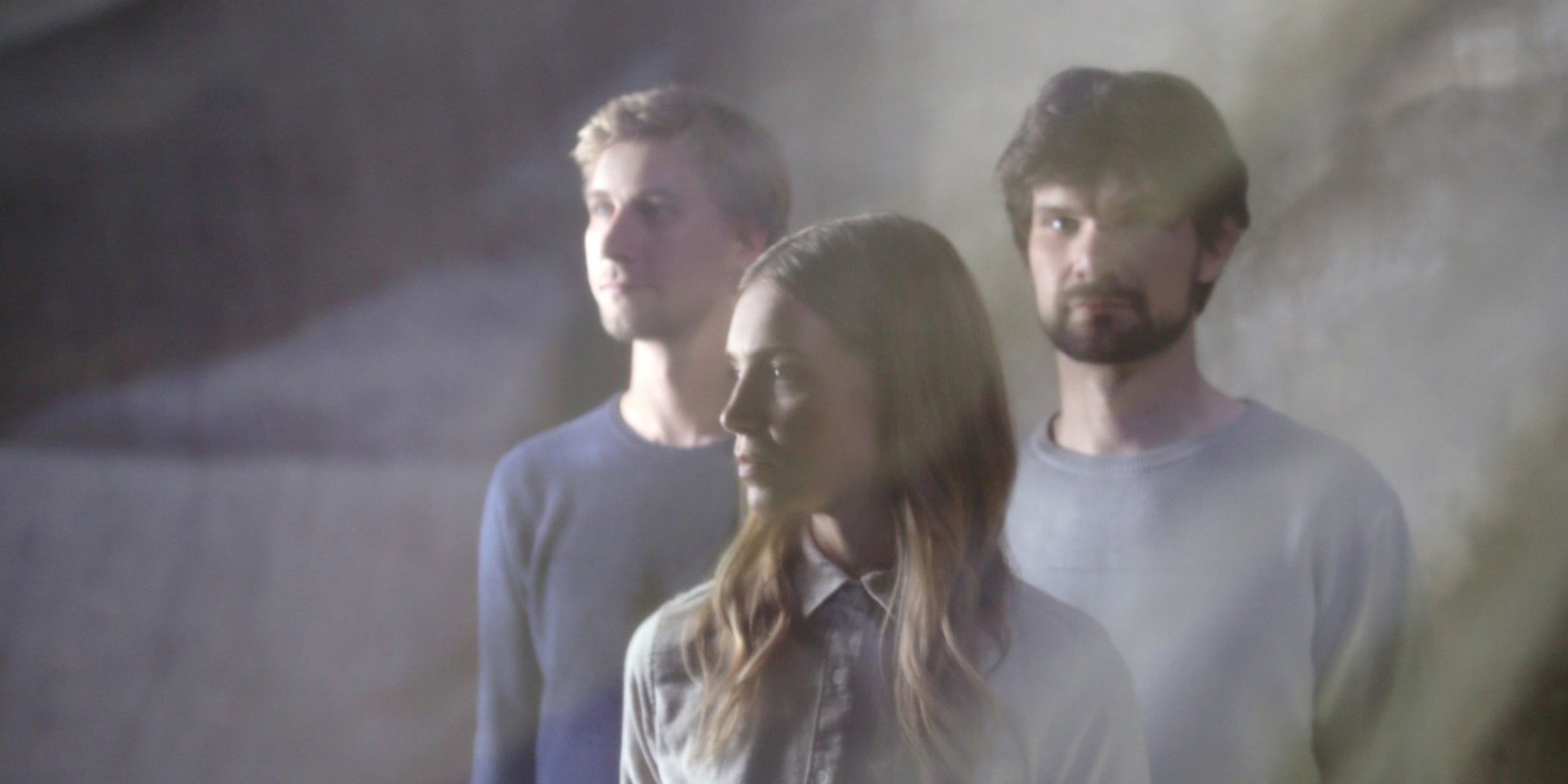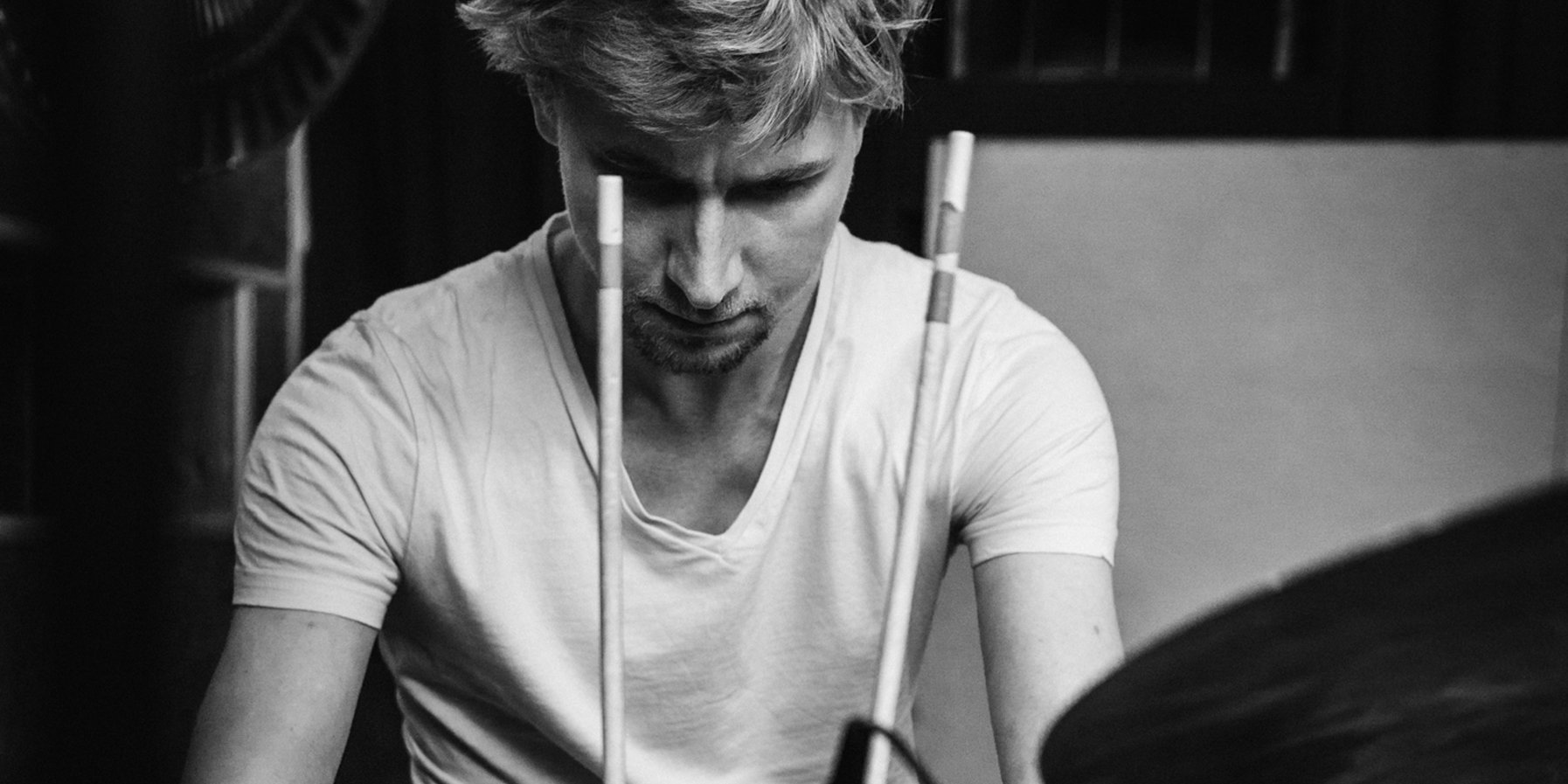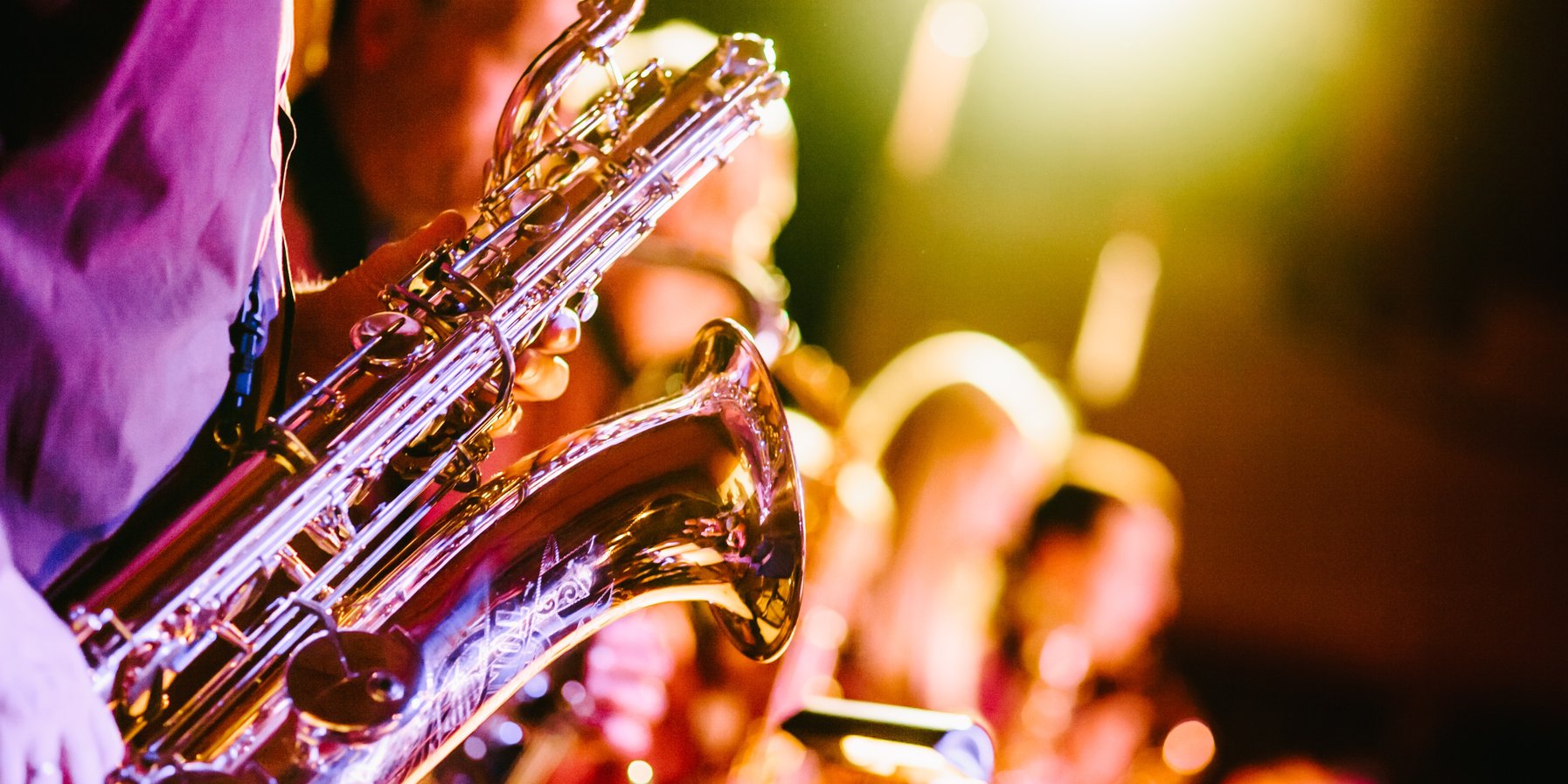At the age of 27, Julia Kadel managed what no German musician had done in nearly 60 years: she released her first CD on the legendary jazz label Blue Note in 2014.
In concert, she often simply plunges into the music without a plan; her compositions and improvisations celebrate the unpredictable. And where risks are taken, friction results, as well as different kinds of encounters: whatever the outcome, authenticity is guaranteed – on the stage, or together with the audience. »It's a kind of home,« Julia Kadel says, »where you can be yourself.«

»There is always a moment of uncertainty, but we need that to feel free.«
1
How would you describe your own music? What is its driving force?
»Driving force« is a good word. I have this permanent inner drive, this urge to create something. My music is very personal and authentic. It has to be the way it is, and no other way. I tell stories about my own life, especially about things that preoccupy me, that impress or fascinate me. At the same time, my compositions are constantly undergoing development, running through different levels and degrees of abstraction.
2
You do not only compose for your trio, you also improvise together. You once said that your music »simply happens«. How do you manage to appear on stage without any definite plans?
That is exactly the art. No deliberate intentions, not forcing anything. On our latest record [Author's note: »Kaskaden« will be released on 6 September 2019] we have named one track after this principle: »Nothing to Force«. Musicians who improvise practise the art of improvisation all their lives. For us it may well be the safest music we can play: there is always an uncertainty factor. But we need that to feel free. Only then can we produce something truly authentic.
Improvising is a tremendous experience because you have every possibility in the world all the time. There are three musicians searching for energy at the same time in a constant process of the moment. We are all looking for energy, and for magic and beauty, ugliness and power. For something strong and intense. And each of us makes his or her decisions by intuition. After that, what happens happens.
»Nichts wollen, nichts forcieren – das ist die große Kunst. Je mehr man die Dinge geschehen lässt, desto höher ist die Wahrscheinlichkeit, dass etwas Magisches passiert.«
We are constantly searching for magic in music. That means first of all that you have to let go and listen to yourself playing. The more you just let things happen, the higher the probability that something magical will occur. If I try to control the course that the music takes, it definitely will not work. I have learnt to accept that whatever happens is good. And then you have to find out what needs to come next. That always depends on the audience.
Audience attention is something extremely valuable: you are performing in front of impartial people, and you can show who you really are. This is a very special social and energetic situation, with addictive potential.
Dokumentation über Julia Kadel
»We are constantly searching for magic in music. That means first of all that you have to let go and listen to yourself playing.«
3
All this freedom notwithstanding, are there any unwritten rules when you go on stage together?
There are always unspoken rules among musicians who function well together. Talent has a lot to do with the observation of such rules. In our case: when something special happens in the music, every member of the group must notice it and must look to his laurels to ensure that the special moment does not vanish.
4
Has anything in your ensemble playing changed over the years?
In the meantime, we understand one another without using words, something that has got better and better over time. But even now, something or other is always changing. Each of us brings his own musicality with him, influences from other projects and from the music he listens to.
This is immediately evident precisely because our music is so nimble and flexible: if we play two gigs with the same set list, they still sound completely different. And when you're improvising, it goes without saying that everything is different anyway. We compose as we go along, responding to the audience, the space around us and to time. It is important to be willing to take risks; that way, everything remains open and different outcomes are possible.

5
Before you decided to pursue a career in music, you spent three years studying psychology. What made you change your mind?
I can genuinely say about this phase of my life that you sometimes need to do one thing in order to grasp that you actually need to do something different. I was passionately interested in psychology, and I enrolled in a degree course as soon as I had finished high school.
But I also took some courses in jazz as a minor, and sooner or later I realised that if I wanted to make the dream of a life in music come true, this was the time. If I had waited, it would have been too late. This idea made me pursue my interest in music even more intensely – with a vigour and determination that I had not had before.
Interview: Laura Etspüler, Stand: 20.08.2019








